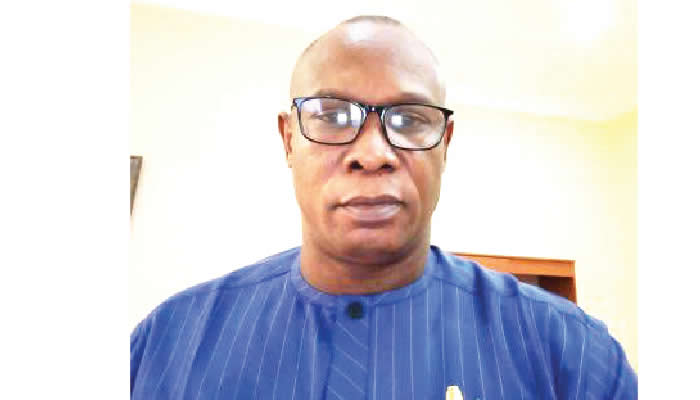Paragraph 1: Tinubu’s Administration and the Opposition’s Challenges:
President Bola Tinubu’s two-year tenure has been marked by widespread economic hardship, impacting all sectors and regions of Nigeria. His policies are criticized as anti-people, with minimal progress in critical areas like security, diplomacy, food security, education, and health. This perceived failure to address the needs of Nigerians has created an opening for the opposition, but uniting against a formidable incumbent presents significant challenges. The opposition faces an uphill battle in the 2027 elections due to Tinubu’s political maneuvering, aimed at solidifying his power and potentially extending his rule beyond constitutional limits.
Paragraph 2: Tinubu’s Alleged Power Consolidation Strategy:
The opposition alleges that President Tinubu is actively working to establish a one-party state, potentially paving the way for a third term or even a life presidency. This strategy, they claim, involves fueling internal crises within major opposition parties like the PDP, Labour Party, and NNPP to weaken their ability to mount a credible challenge in future elections. These crises, allegedly instigated by the presidency, aim to fracture the opposition and limit their capacity to field competitive candidates in the 2027 elections, solidifying the APC’s dominance. This claim is bolstered by statements from figures like former Kaduna State Governor Nasir El-Rufai, who publicly attributed the internal strife within opposition parties to the ruling APC.
Paragraph 3: The Opposition’s Coalition Efforts and Internal Divisions:
Despite these challenges, opposition leaders are engaged in ongoing coalition talks to present a united front against Tinubu in 2027. These discussions involve complex negotiations and compromises, with personal ambitions posing a major obstacle to a successful alliance. The debate surrounding the zoning of the presidency, specifically whether power should remain in the South or rotate to other regions, further complicates the coalition building process. The candidacy of former Vice President Atiku Abubakar, who maintains his presidential aspirations despite calls for him to step aside in favor of a Southern candidate, exemplifies the internal divisions the opposition must overcome.
Paragraph 4: The Coalition’s Strategic Considerations and Potential Pathways:
The opposition is exploring various strategies to solidify their coalition. One option involves supporting a consensus candidate from a specific party, such as the SDP, with all coalition members backing this individual without formally merging their parties. Alternatively, a full merger of opposition parties into a single entity, followed by a national convention to select a presidential candidate, is also being considered. However, many parties are hesitant to lose their individual identities, making a unified backing of a single presidential candidate, while maintaining separate party structures for other elective positions, the most likely outcome. The overarching goal is to prioritize the selection of a strong candidate capable of unifying the opposition and challenging President Tinubu, regardless of party affiliation.
Paragraph 5: The Importance of Voter Education and Electoral Integrity:
Beyond coalition building, the opposition recognizes the crucial role of voter education and election monitoring. The low voter turnout in the 2023 elections highlights the need for increased political engagement and awareness among Nigerians, particularly the youth. The opposition emphasizes the responsibility of political parties, not just INEC, in ensuring free and fair elections. They pledge to prioritize voter education, empowering citizens to actively participate in the electoral process and monitor proceedings to prevent rigging and manipulation. Holding politicians accountable for electoral malpractices, such as bribery and vote buying, is also crucial to maintaining the integrity of the democratic process.
Paragraph 6: Advice for President Tinubu and the Nigerian People:
The opposition urges President Tinubu to prioritize competence, character, and experience over regional or ethnic considerations when selecting the next INEC chairman. They warn against the potential damage to Nigeria’s democracy if the selection process is perceived as biased or politically motivated. They call on Nigerians, especially the youth, to become more politically involved and actively support the coalition movement. Citizens are urged to reject vote buying and support credible candidates who demonstrate integrity and patriotism. The opposition emphasizes the importance of unity and collective action to counter President Tinubu’s policies and shape a better future for Nigeria.


